THESE HANDS
SUMMER 2021
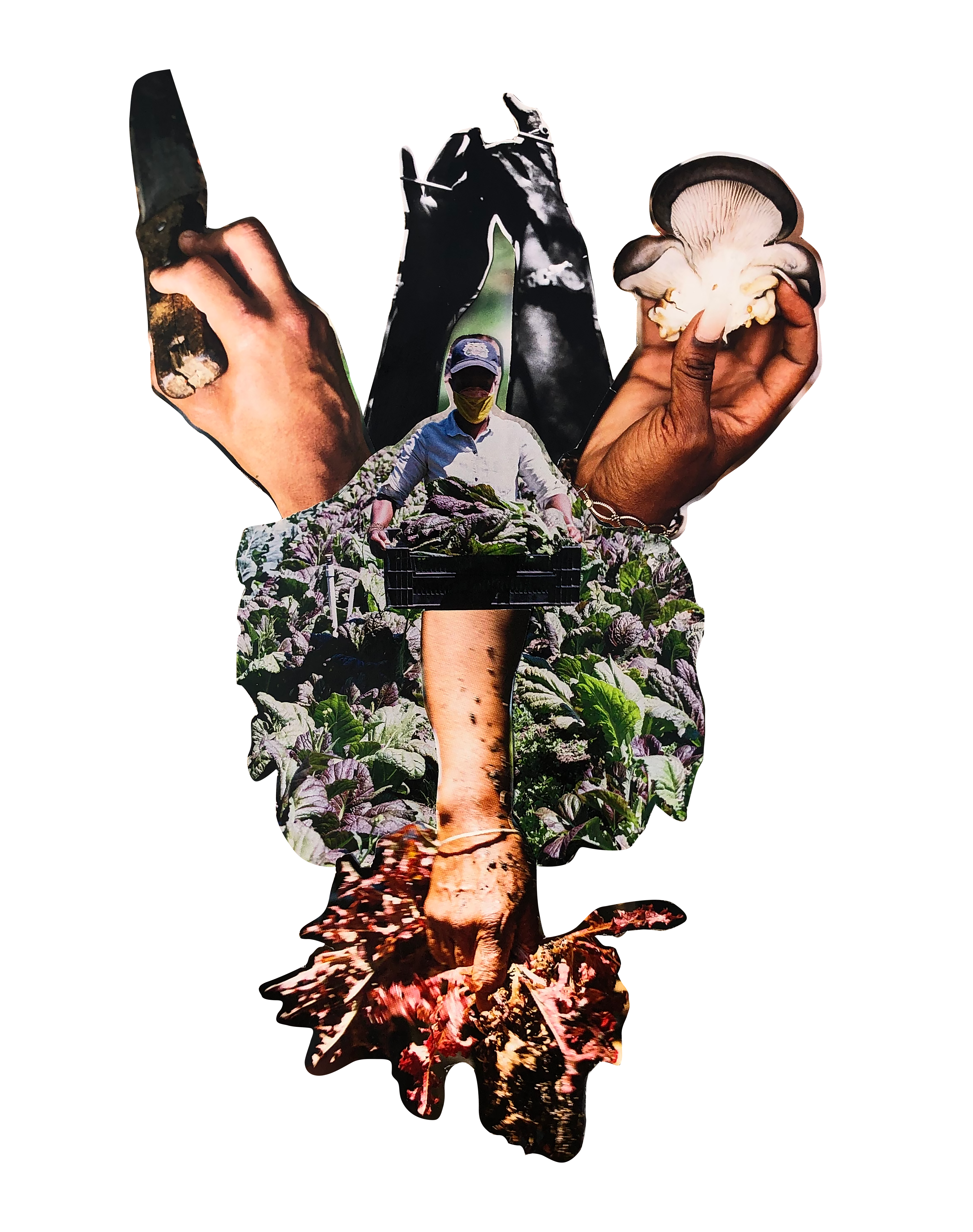
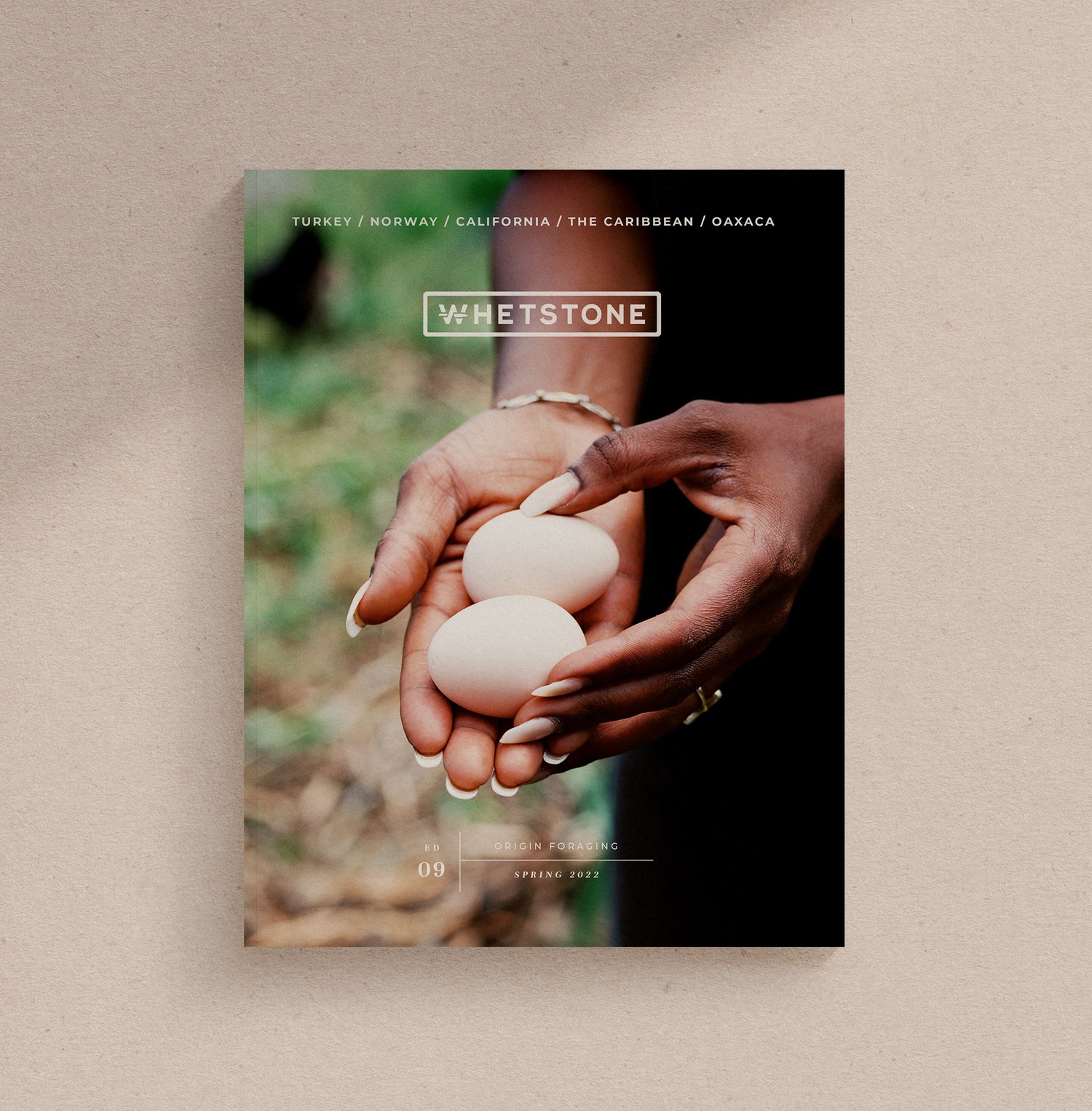



featured in Whetstone Magazine: Volume 9 — available at Barnes & Noble.
Author and professor Caroline Finney writes that for too long “the narrative of the Great Outdoors in the U.S.” has been informed by “Eurocentrism and the linkage of wilderness to whiteness.”
In this exploration into the truths and traumas behind Black Americans’ distant relationship with the land, “THESE HANDS” tells the story of Black farmers cultivating life along the West Coast of the US.
From Seattle to Los Angeles, storyteller and photographer Araba Ankuma examines the origin stories of contemporary Black farmers. Her purpose: to educate and empower Black Americans to reclaim their connection to nature, recover their ancestral roots and most importantly, reconnect with themselves.
By visually centering the project around the act of Black hands at work, Ankuma seeks to dismantle the assumption that Black bodies are not welcome nor belonging in the world of farming and agriculture. In fact, through her interviews, it’s clear that Black farmers are heavily invested in sustainability; the difference between giving a person a fish and teaching them how.
It’s about time we knew what “these hands” can do.
In this exploration into the truths and traumas behind Black Americans’ distant relationship with the land, “THESE HANDS” tells the story of Black farmers cultivating life along the West Coast of the US.
From Seattle to Los Angeles, storyteller and photographer Araba Ankuma examines the origin stories of contemporary Black farmers. Her purpose: to educate and empower Black Americans to reclaim their connection to nature, recover their ancestral roots and most importantly, reconnect with themselves.
By visually centering the project around the act of Black hands at work, Ankuma seeks to dismantle the assumption that Black bodies are not welcome nor belonging in the world of farming and agriculture. In fact, through her interviews, it’s clear that Black farmers are heavily invested in sustainability; the difference between giving a person a fish and teaching them how.
It’s about time we knew what “these hands” can do.
BROWN GIRL FARMS
HAWYARD,CA
HAWYARD,CA




Ashlee Geisse-Simpson and BGF Fellow Maya
“Everything that I do out here goes [towards] honoring our ancestors
as well as those who are still living in this world. We explicitly honor and share stories about those ancestors… to really spread the message that as black people... this is our thing.At my previous job… being Black in an outdoor education, there was so much I needed to heal from and I was just so tired of working under a white narrative and under white bosses. There were so many limitations.
I was like, “I want to create a space for us, by us.” So that’s where the fellowship program was birthed out of…”
BLACK FUTURES FARM
PORTLAND,OR
PORTLAND,OR
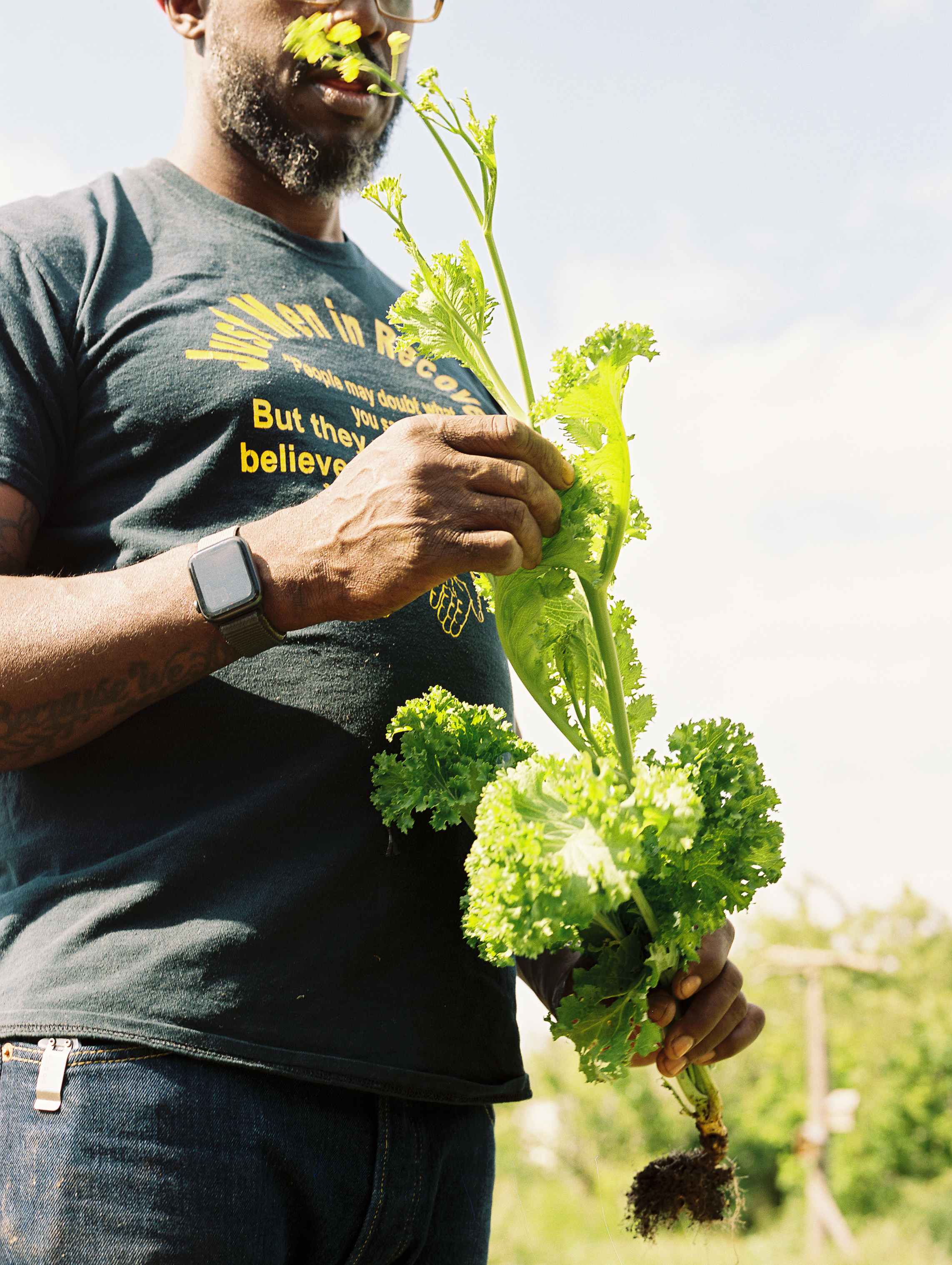
Malcolm Hoover, farmer and owner of Black Futures Farm
“I'm a veteran. I had PTSD,
I had just come out of rehab so I had all this shit in me that just, I didn't have an outlet to deal with. I started working in the soil and I was like “Oh. I'm healing, I'm actually getting better. I want to do this all the time!” So that's when I woke up. I was like this is what I need to do to not only heal myself but to heal my community.”NURTURING ROOTS FARM
SEATTLE,WA
SEATTLE,WA

For me it’s really about making an ecosystem that self-sustains.
My biggest question: “When am I done asking?”
That is what motivates me.
Soon I’m not gonna need nothing.
I think my biggest fear is our humanity being completely lost. I think more than anything that’s what we do here. We grow food but we’re really growing humanity.


Founder Nyema Clark
“We’re reconnecting to originally why I feel like all organisms are created: To benefit each other. To work in concert.”
- Nyema Clark
BLACKSTAR FARMS
SEATTLE,WA
SEATTLE,WA
“Well why am I here? It started with the uprising in late May of 2020 after George Floyd’s death.
Those protests were the first time I had seen this kind of raw expression of humanity… It inspired a lot of hope in me.
That's why this project is important because many BIPOC they look at these protests and just see the most traumatic images and they become weary of participating… It makes it seem like there’s really no avenue for change, but there is, and Black Star farm is… letting you know that we can create the new world from within.”
- Saturn, Volunteer + Member
That's why this project is important because many BIPOC they look at these protests and just see the most traumatic images and they become weary of participating… It makes it seem like there’s really no avenue for change, but there is, and Black Star farm is… letting you know that we can create the new world from within.”
- Saturn, Volunteer + Member


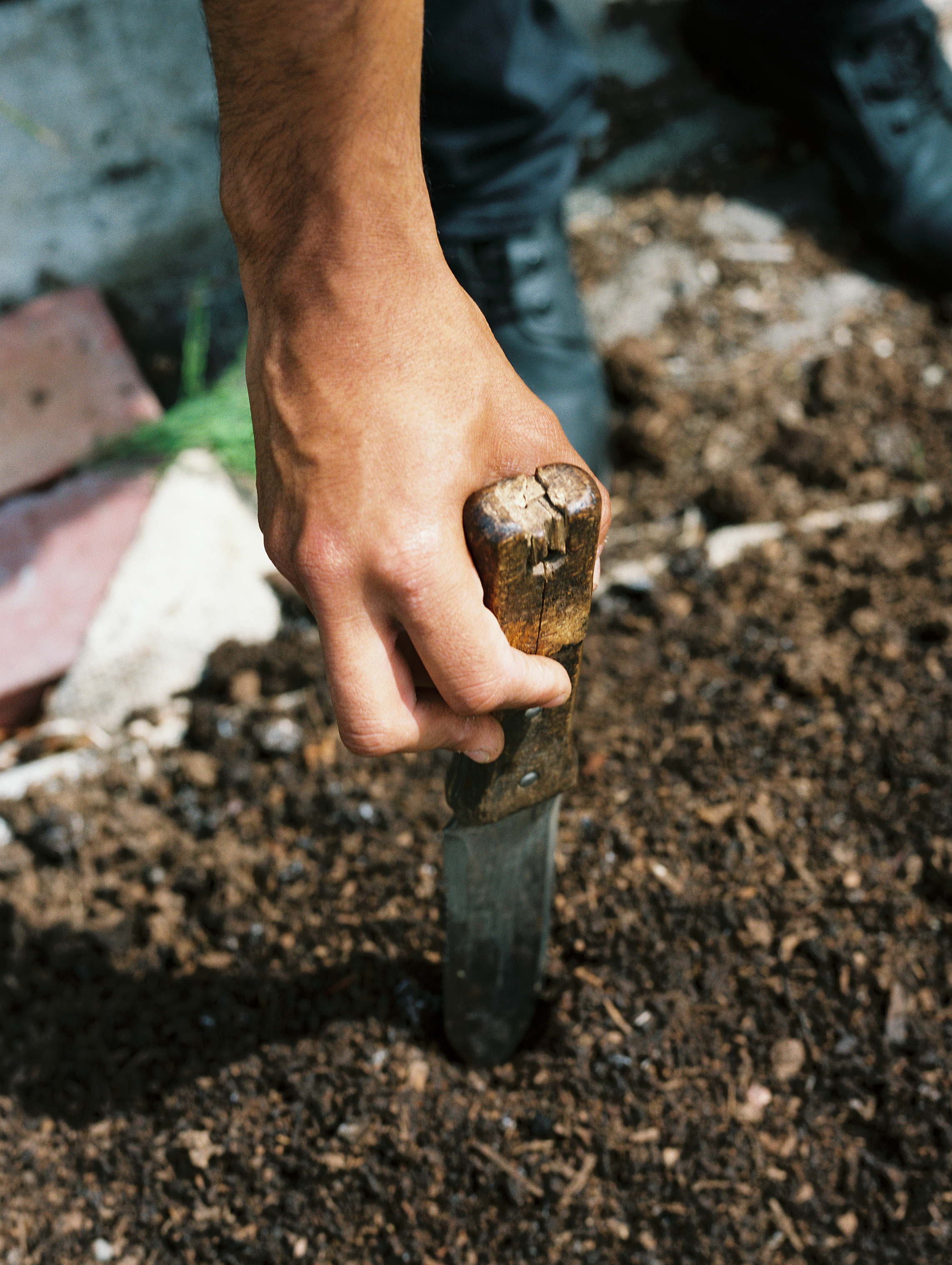
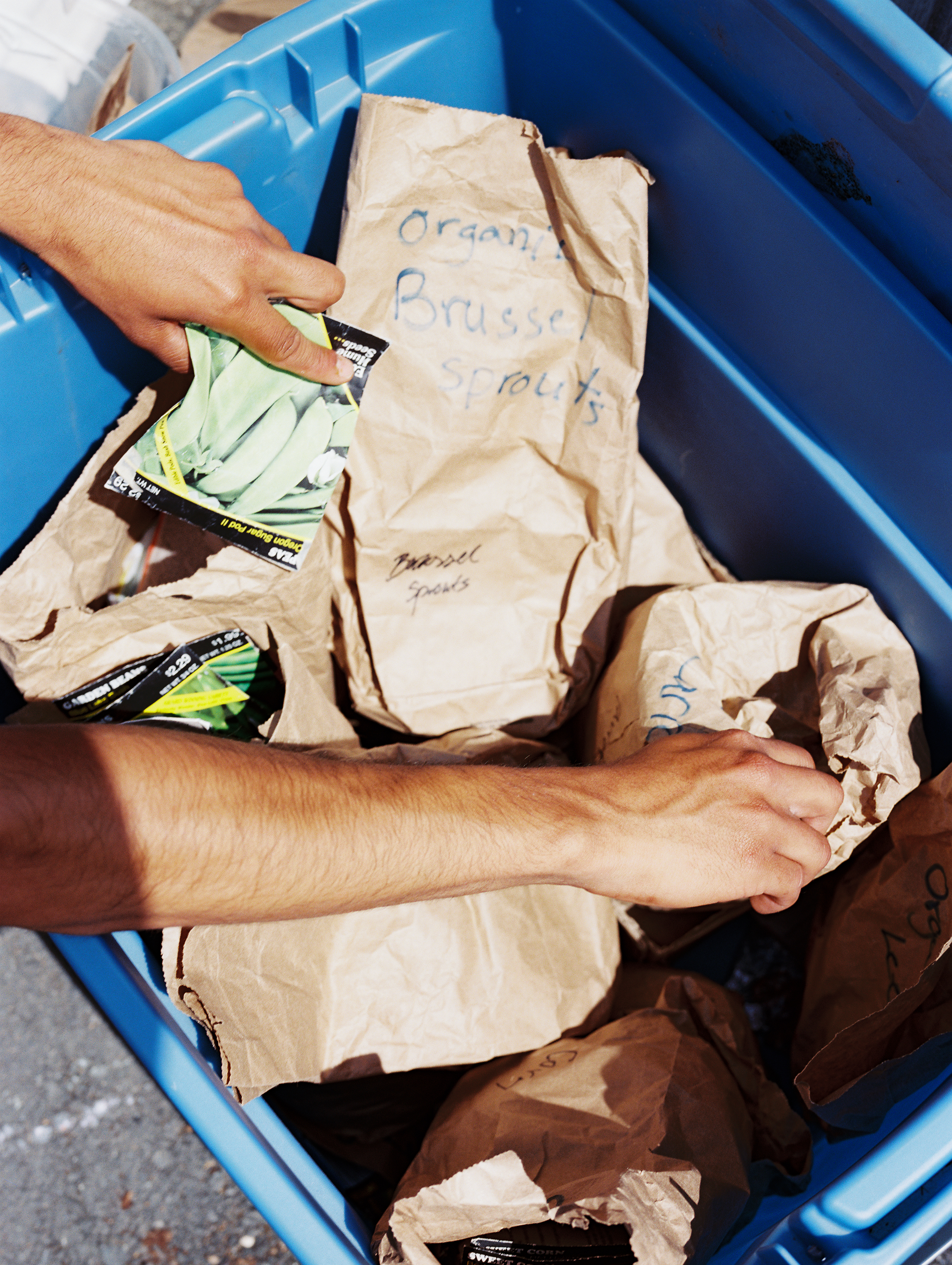
RON FINLEY PROJECT
LOS ANGELES,CA
LOS ANGELES,CA
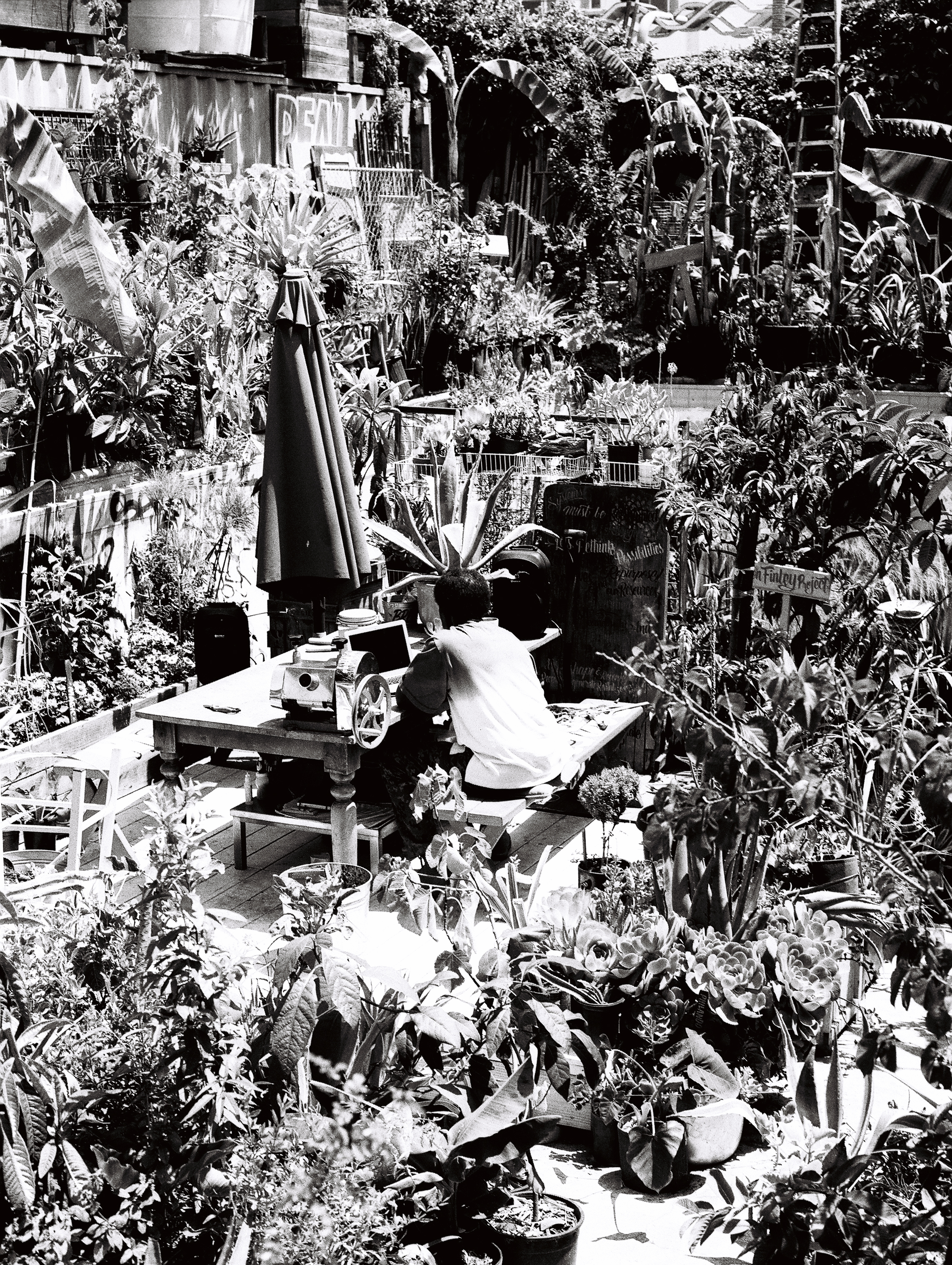
YES FARM
SEATTLE,WA
SEATTLE,WA
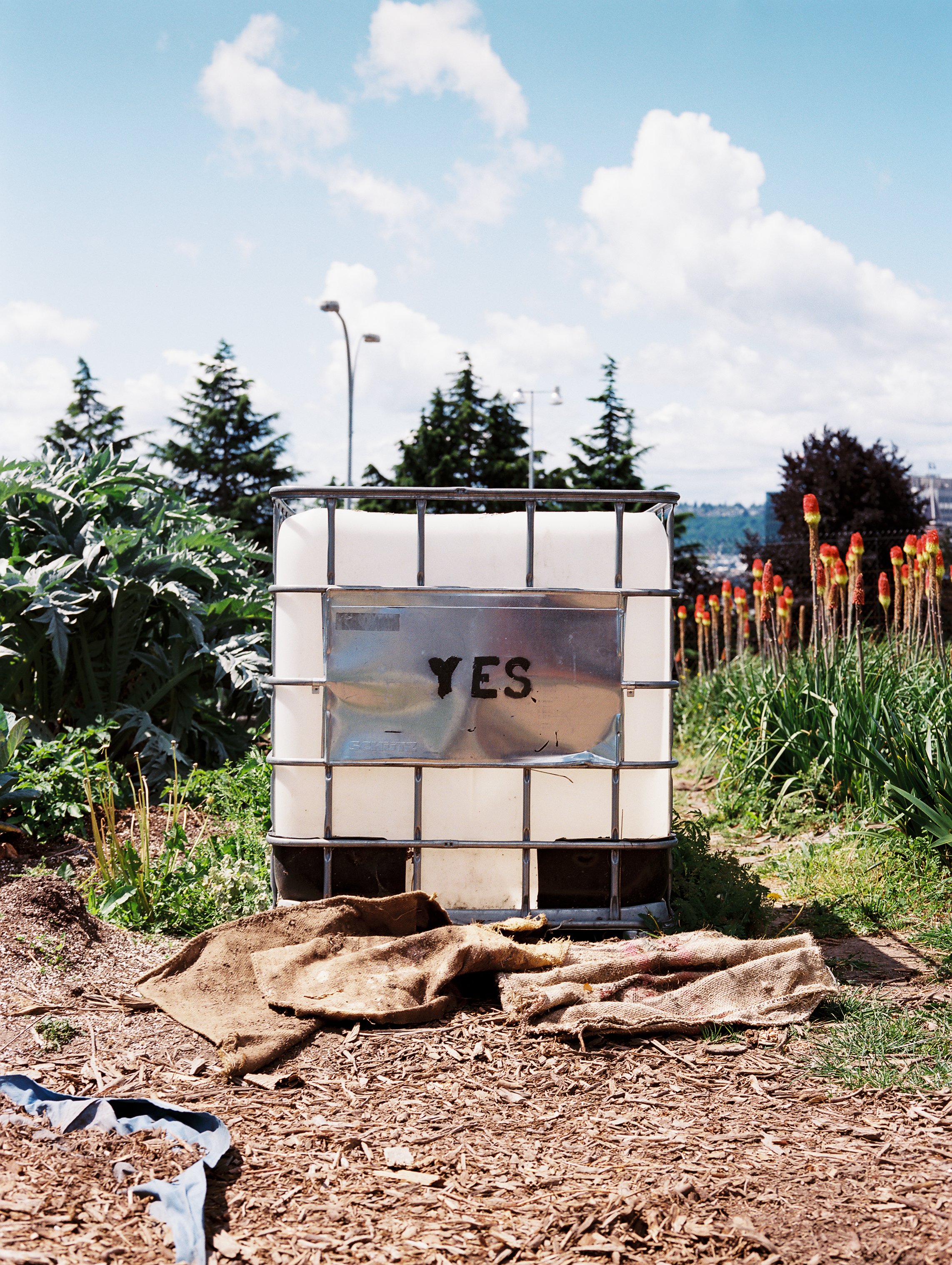
FULL STORY HERE
© 2024 All rights reserved to ASA Productions, LLC.